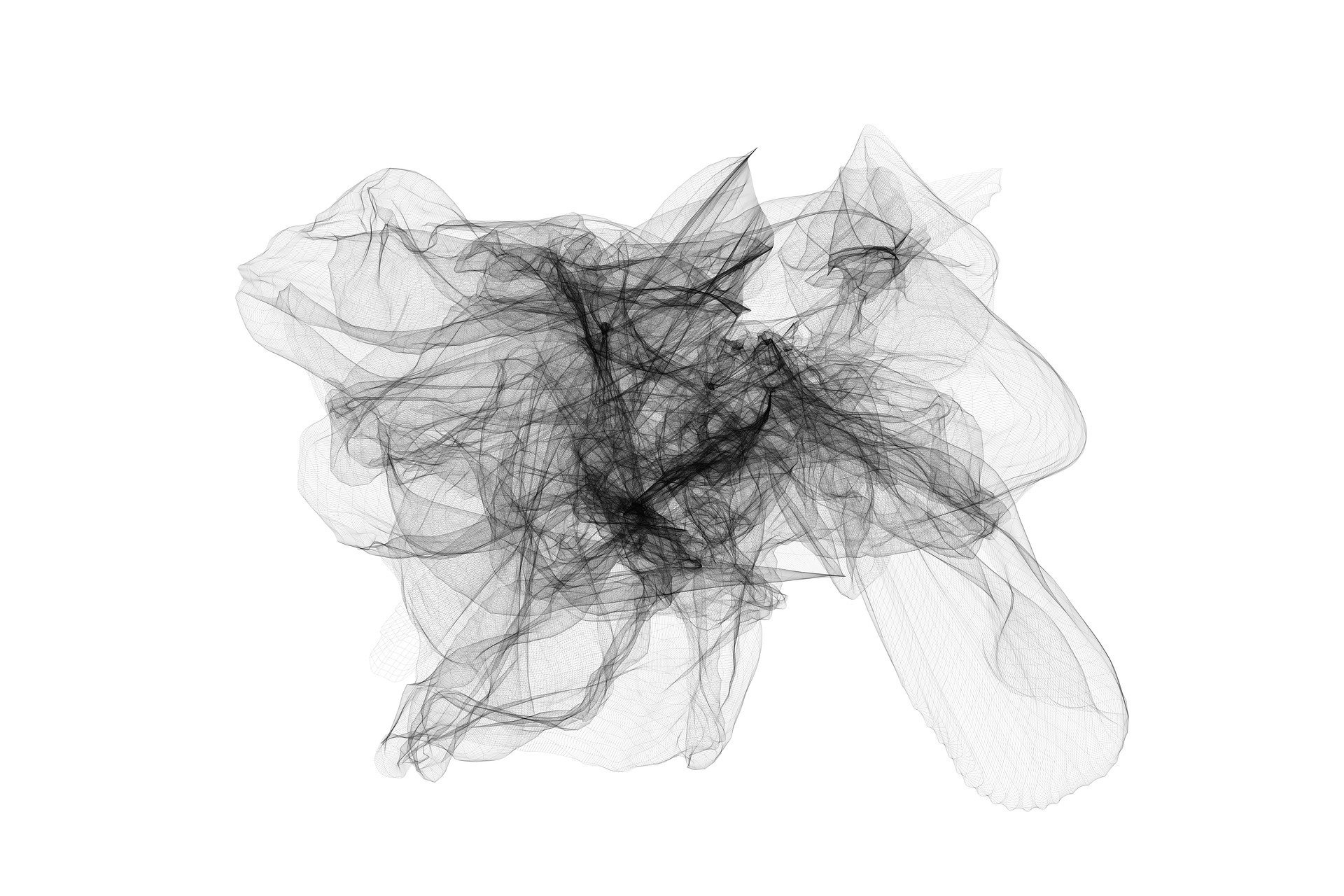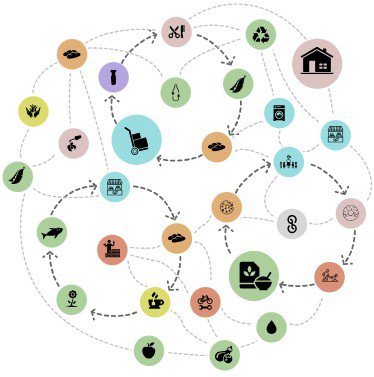The History of Ledger Loops
After a simple IOU-centric e-invoicing protocol was proposed in a 2011 post to the Unhosted mailing list, there was some post-capitalism discussion and research on how this system could be used between humans and possibly also organisations.
In the fall of 2016, a "challenge and trigger" loop resolution algorithm was added (see Whispering Merchants) and due to a name clash the project was renamed from OpenTabs to LedgerLoops. The "challenge and trigger" loop resolution algorithm soon turned out to have a lot in common with the Interledger protocol, or at least a circular version thereof.
In 2021 and 2022 we held a weekly brainstorm meeting around Federated Bookkeeping which kept alive the original IOU-centric e-invoicing vision, adding a focus on data portability. A non-profit company, Ponder Source was created with the goal of bringing Connect Your Books to market, but we basically failed to do so.
And then in 2023, something amazing happened: at a gathering in the beautiful hills of Austria, Collaborative Finance (CoFi) was born. We can now refer to some generic theory about Collaborative Finance (PDF) and can rephrase LedgerLoops as "a P2P CoFi system" - and that is where we are now.
See realization for a description of how we tested our algorithm on a debt graph, generated from the Sarafu datase.
LedgerLoops is published free of patents, under the CreativeCommons BY-SA license. Michiel de Jong is working on it full-time.
Since LedgerLoops is patent-free, you can join the network of LedgerLoops-compatible nodes without prior permission, as long as you don't use the name "LedgerLoops" in a misleading way. We might create a test suite to certify software compatibility and bring the algorithms/protocols to a standards body, if there is interest in that.




